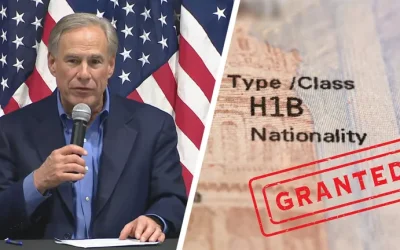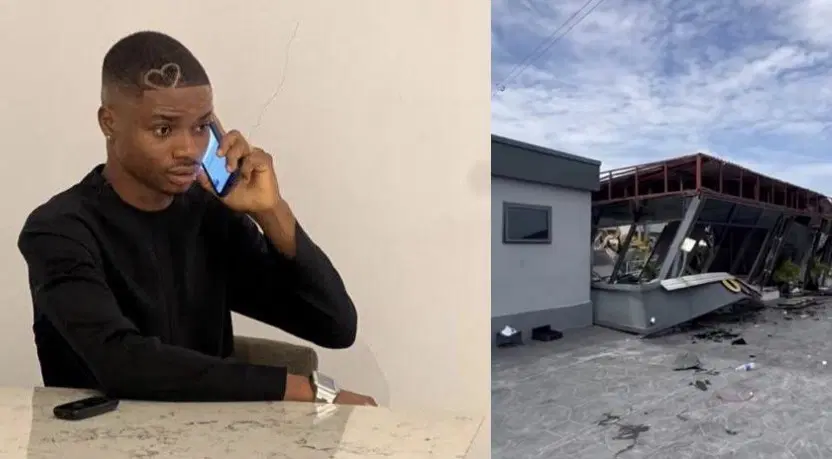The car showroom of prominent social media influencer and automobile dealer, Waris Olayinka Akinwande, popularly known as Ola of Lagos, was demolished on Saturday, October 11, 2025. The demolition of the facility, named OOL Autos, has sparked considerable conversation online, occurring just months after its grand opening.
Reason for Demolition Remains Unconfirmed Amidst Speculation
While the Lagos State Government has not yet issued an official statement regarding the demolition, widespread speculation suggests the structure was built illegally under a high-tension power line. Building in such areas is a violation of safety and urban planning regulations.
The demolition is believed to be part of a larger enforcement campaign by the state government against unapproved and unsafe structures. On the same day, the government also demolished at least 17 houses that were illegally constructed on the right-of-way of the Ikota River alignment in Lekki. The Commissioner for Environment and Water Resources, Tokunbo Wahab, stated that these actions are part of a broader effort to reclaim and protect flood-prone areas.
Ola of Lagos Vows to Rebuild
Despite the significant setback, Ola of Lagos has maintained a positive and resilient stance. He confirmed the demolition on his Instagram account and assured his followers that his business remains active.
In a message to his supporters, he announced plans for a new showroom that will be “bigger and better.” He expressed gratitude for the outpouring of support and shared that despite facing significant losses, he remains optimistic about the future.
Public Reacts with Mixed Sentiments
The news of the demolition has drawn varied reactions from the public. Many have expressed sympathy and support for the 28-year-old influencer. However, the incident has also ignited a debate about urban planning and the rule of law in Lagos.
Some social media users and commentators have pointed out the visible danger of constructing a building under a high-tension line and questioned why the structure was allowed to be built in the first place. Human rights lawyer Festus Ogun and influencer Daniel Regha were among those who criticized the government for what they see as a lack of oversight during the construction phase, only to demolish the structure later. The core of the public debate centers on why the authorities did not intervene sooner, with some questioning why it took nine months to address the violation.









I don’t think the title of your article matches the content lol. Just kidding, mainly because I had some doubts after reading the article. https://accounts.binance.info/en/register-person?ref=JHQQKNKN